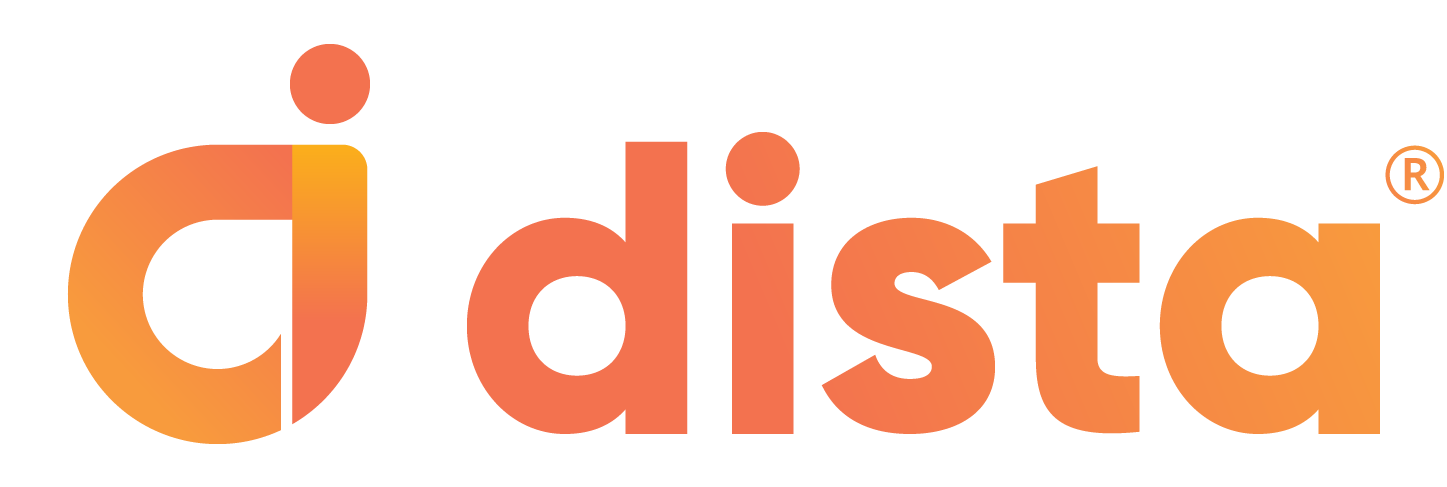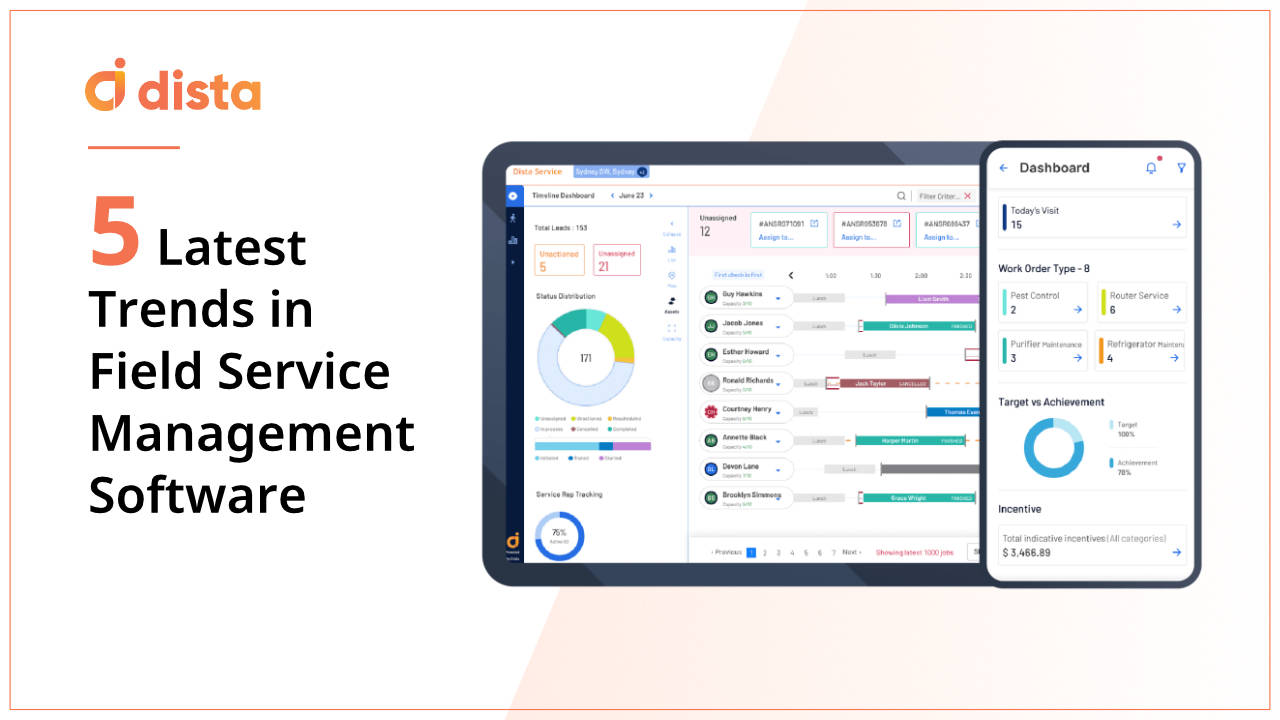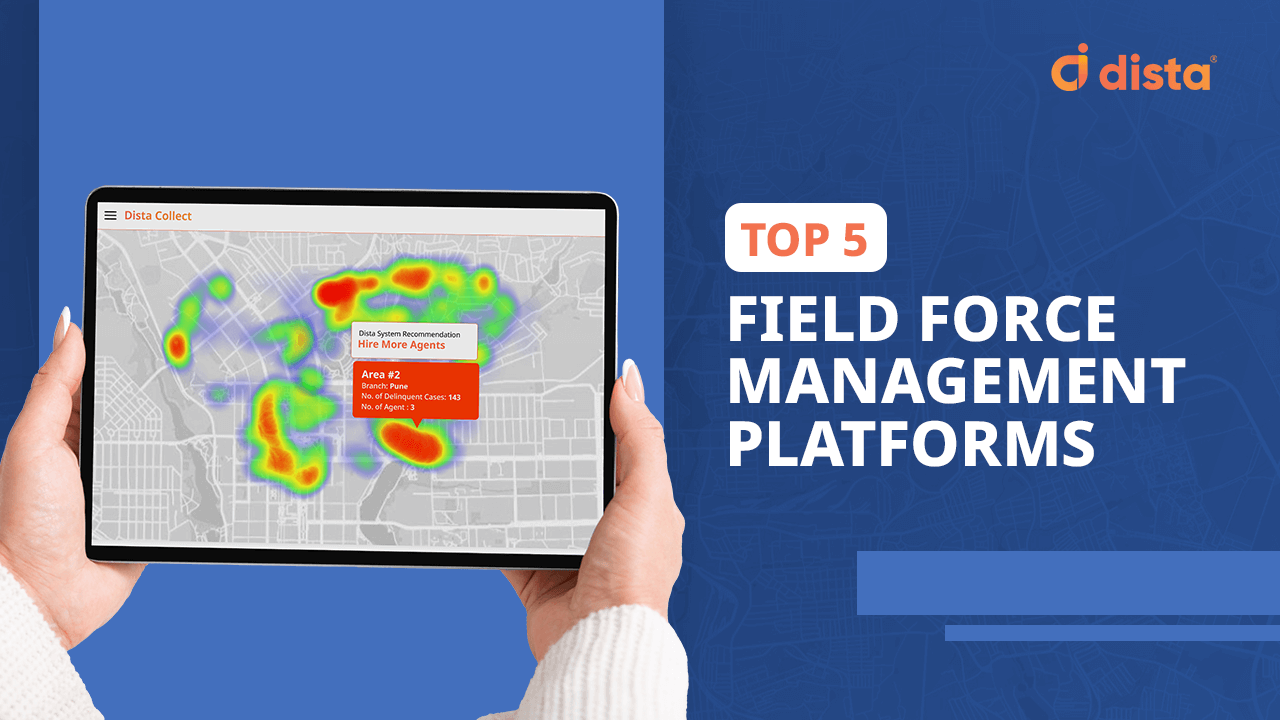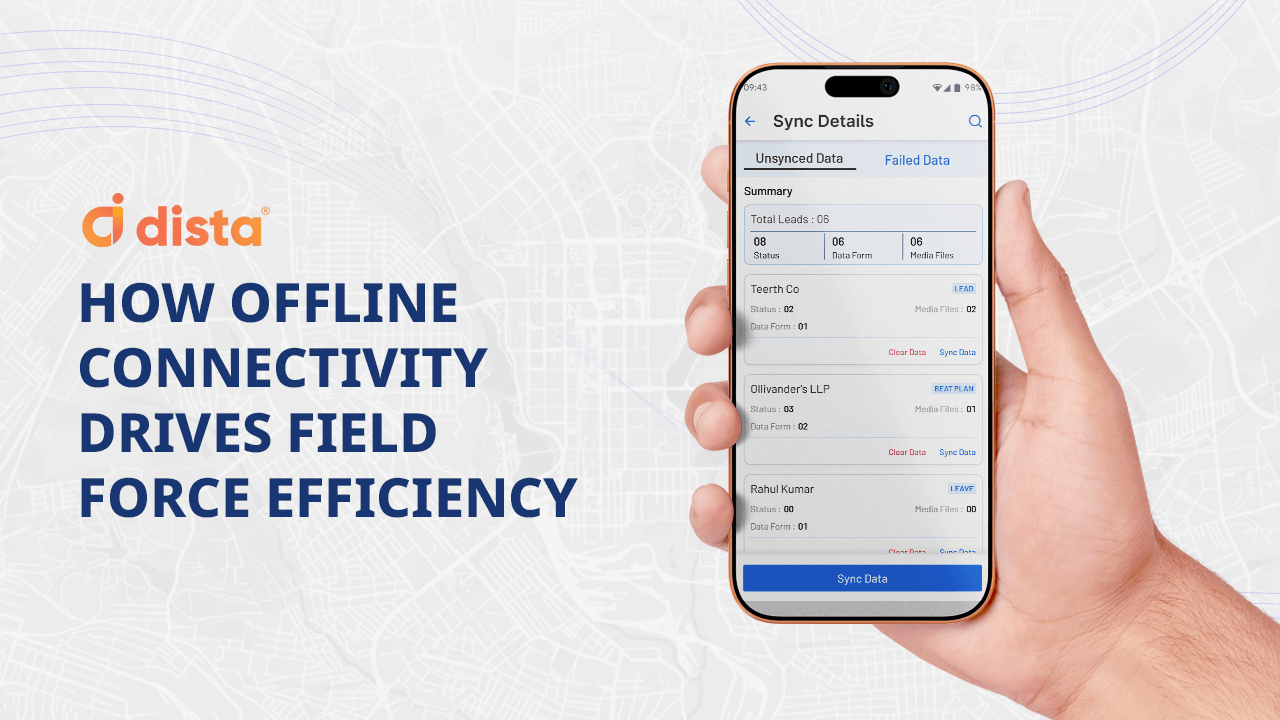Field service management has come a long way at the advent of new technologies. Innovations show up left and right as the times progress, and those who cannot or opt not to keep up are left in the dust.
Are you up to date with the latest developments? Let’s take a look at some field service trends 2020 and see if any of these solutions can be applied to your business.
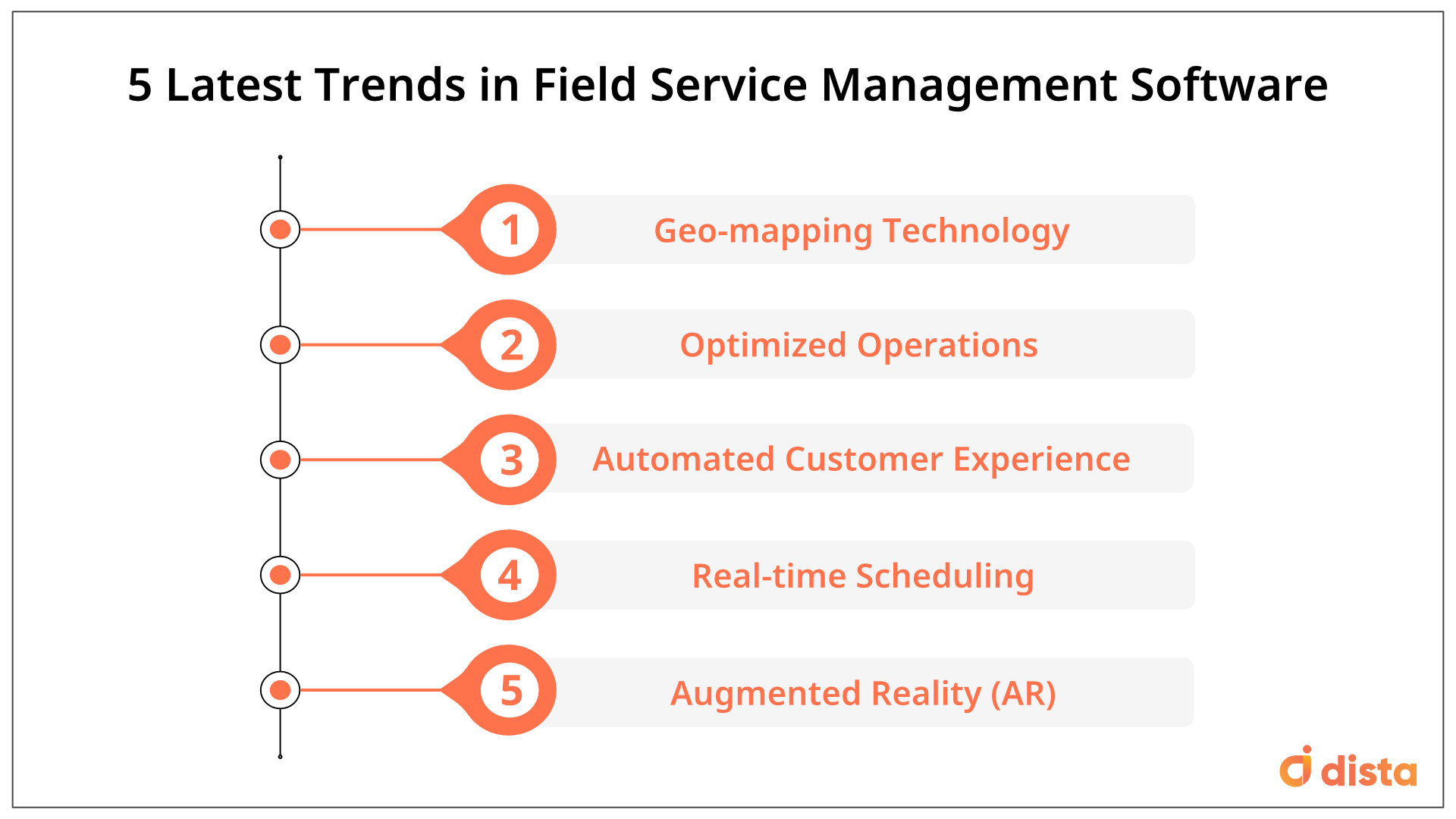
1) Geo-mapping Technology
Technological advancement in the field service industry ignited with cloud computing, which let employees work remotely while remaining connected to the office. Geo-location takes this a step further, revolutionizing the sector in a more significant way.
The most obvious effect of geo-mapping is real-time tracking location. Real-time geo-location data automates the field force and provides a bird’s eye view on your pipeline. For instance, dispatchers can pinpoint the exact location of their technicians and see if they come across any delays while in transit. They can also monitor their task status and delegate jobs based on the technician’s schedule.
Collaboration between members of your team are also made easier with geo-mapping, which is readily available in most FSM software. If a service technician encounters problems during repair, they can contact nearby technicians to assist them. Geo-mapping also assists in analyzing routes and updating workers or drivers on traffic and weather issues.
Together with cloud services, geolocation can also offer advantages for clients. Alerts and notifications can be sent to the customer when their chosen service is about to arrive in their location. They can also receive a heads-up on how many minutes they would have to wait before the service arrives. This translates to better communication with customers, and ultimately, a better customer experience.
You can easily find this feature in the best field management software tools in the market.
2) Optimized Operations
Everyone wants increased efficiency for their business. Plenty of proactive companies in the industry have incorporated a field management software to integrate their organizations’ operations, channels and workforce so that they can maximize their productivity.
3) Automated Customer Experience
Understanding the customer journey is critical in delivering excellent service in the field service industry. Equipped with the best field service management software, enterprises can analyze interactions with customers as well as get rich insights and significant data that can enhance service planning and delivery.
An automated customer experience also presents a chance for clients to take the lead in service planning across channels. With the right technology, they can change the delivery time to what is most convenient for them. They can also be up-to-date with any changes to the availed services.
Another popular trend implemented by businesses are chatbots, which offer integrated customer assistance. Meanwhile, SmallBizGenius foresees that 85% of customer interactions will no longer require human agents by 2021. With this trend, there is no doubt that customer experience in field service will be presented with more opportunities for optimization brought by artificial intelligence.
4) Real-time Scheduling
Field service workers sometimes face the wrath of customers when scheduling goes awry. The good news is, most service scheduling software tools include real-time scheduling, which assures set appointments are met and that workers and customers are on the same page when it comes to time.
FSM software also provides more visibility on scheduling for customers, since they can set their own appointments with real-time visibility at their available time and easily reschedule should the need arise.
5) Augmented Reality (AR)
Although the technology is still in the works, the integration of AR with artificial intelligence, automation and machine learning brings a huge value proposition in the field service management industry.
With AR comes increased efficiency. The time-consuming process of sifting through manuals for training and repair can be eliminated, thanks to the ability of augmented reality to project modules and information to AR glasses. Complicated procedures can also be made easier, as service manuals can now be viewed in an engaging 3D animation format. On-the-job training for novice technicians will also become less difficult upon AR implementation as assistance and repair information can be delivered remotely. Ultimately, this frees up labor and allows your company’s manpower to focus on more productive tasks.
AR can also assist service teams in confirming important device details and how they are affected by external factors. Moreover, AR promises improved service delivery as it can offer customers an interactive and immersive experience when they avail of your services in a specially constructed virtual reality.
Take On The Trend
Essentially, implementing these field service trends 2020 will improve your business in all aspects—from your workflow to your employees to your customers to your brand image. Instead of dealing with a chaotic cycle of frustration, enhanced technologies such as a reliable FSM software will help streamline operations and foster business growth.
If these benefits sound great, check out how Dista, a field service management software, has powered a field force of a top global TV service provider and discover how acquiring a service scheduling software of your own can work wonders for your organization.
